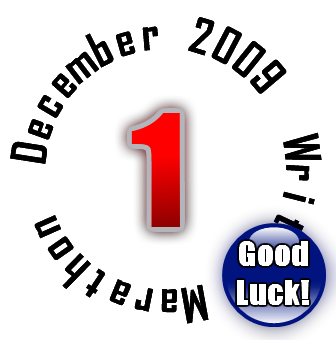Ever since I got my new job in April, I have been exploring another universe of copywriting as it relates to a little something called “organic search.” Organic search is all about a human typing in keywords or search phrases into Google, Yahoo! or any other search engine, and then getting specific results to your request.
The writing that I typically do at work is the idea that by using those same keywords a human types into the search bar, you can help your site get located for its great content when it gets indexed by the search engines and hopefully ranks well. The work that I do is to create readable, keyword-rich copy that’s interesting, because who wants to read crappy copy?
As I’m sure you can imagine, this type of work can get very mechanical, repetitive and very crunchy. There are tons of data tools accessible to help you with your keyword choices, but in many cases online marketers and the people you’re writing for also have their own ideas about what those keywords are. Just how granular can this be?
Think back to your first computer class where you learned about binary. Spaces, odd characters, the singular and the plural can all affect your keywords and the placement of the words on the page. So instead of thinking about themes, you end up obsessing over keywords and their placement, and crafting content around those concepts.
And yes, it can suck the creativity right out of writing…but in a way, it forces you to be more strategic about your writing and, admittedly, more focused.
Keywords and keyword themes, whether or not you write for online publications or off-line, should be tools we can all keep in mind as we write for someone else or promote ourselves. If you’ve written savvy resumes or cover letters before, you probably understand exactly what I’m talking about.
Here’s a free tool from WordTracker you can use to help you factor in some ideas. The tool gives you a rough estimate of the number of searches for the exact phrase or keyword as you type it in their search field.
If you’re interested in learning more about this particular topic, let me know and I’ll be happy to blog about some nifty newsletters and professionals with tons of experience in this area, called “search engine optimization” so you can increase your own knowledge base to help yourself keep up with the changes of the web.

 Are you ready for a marathon? I am!
Are you ready for a marathon? I am!